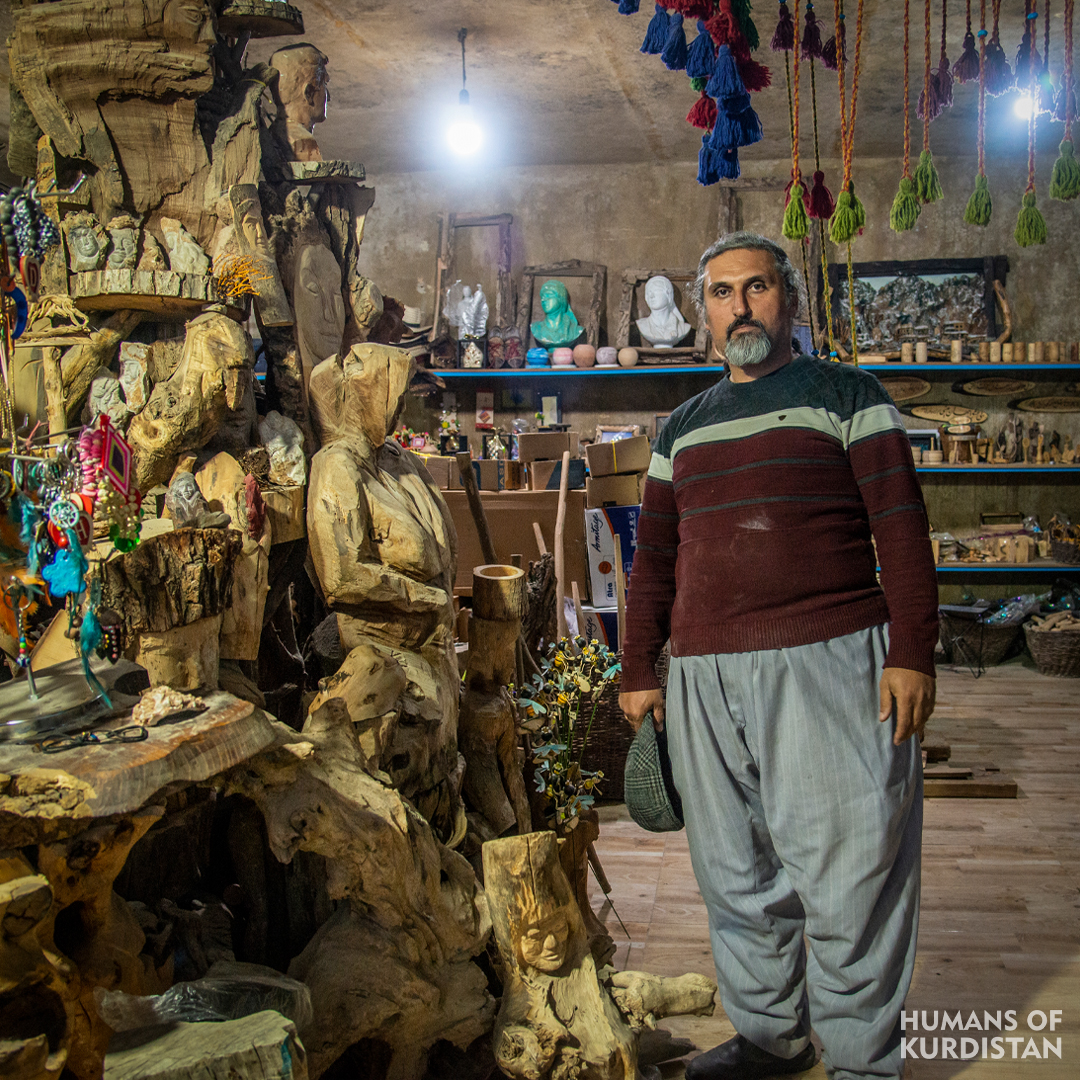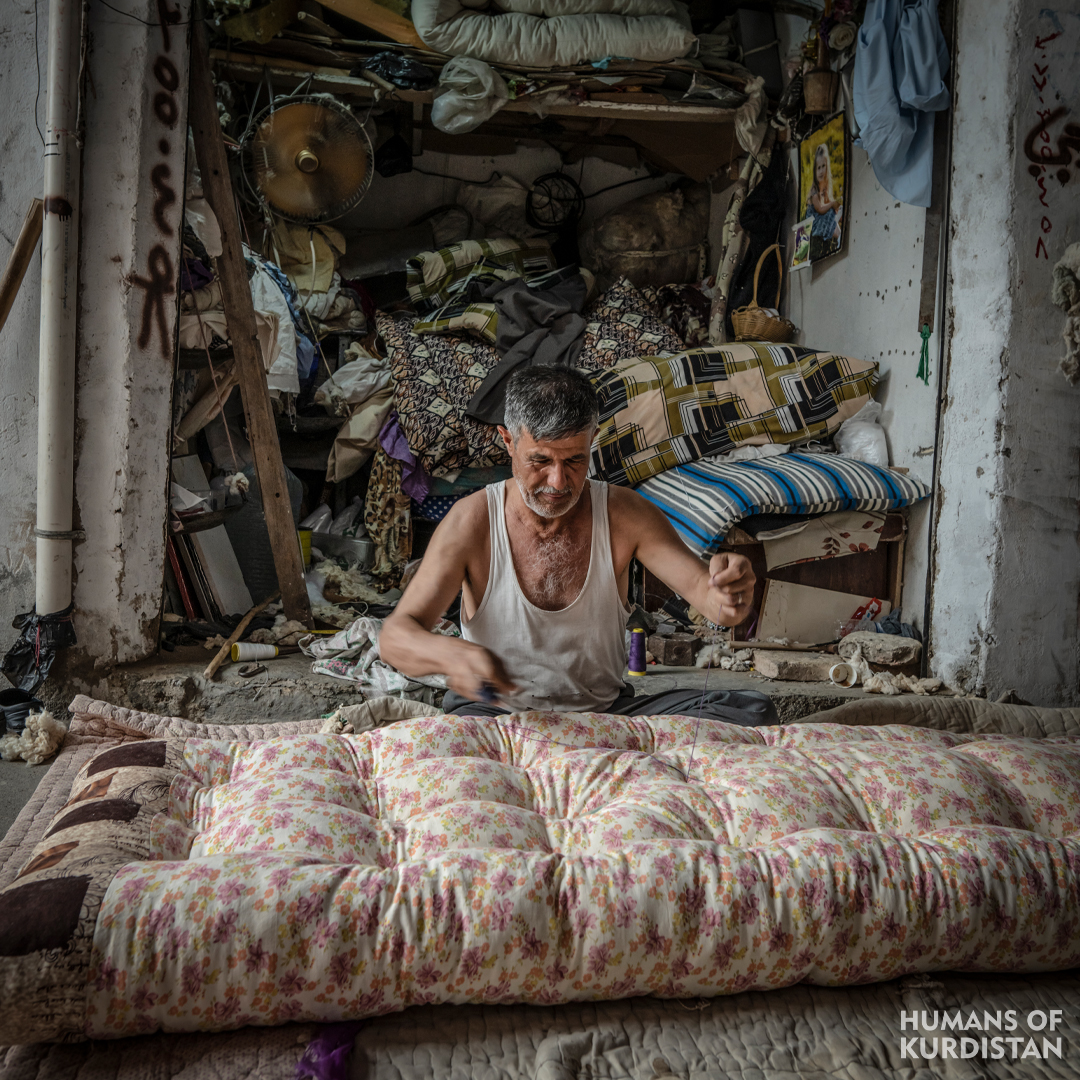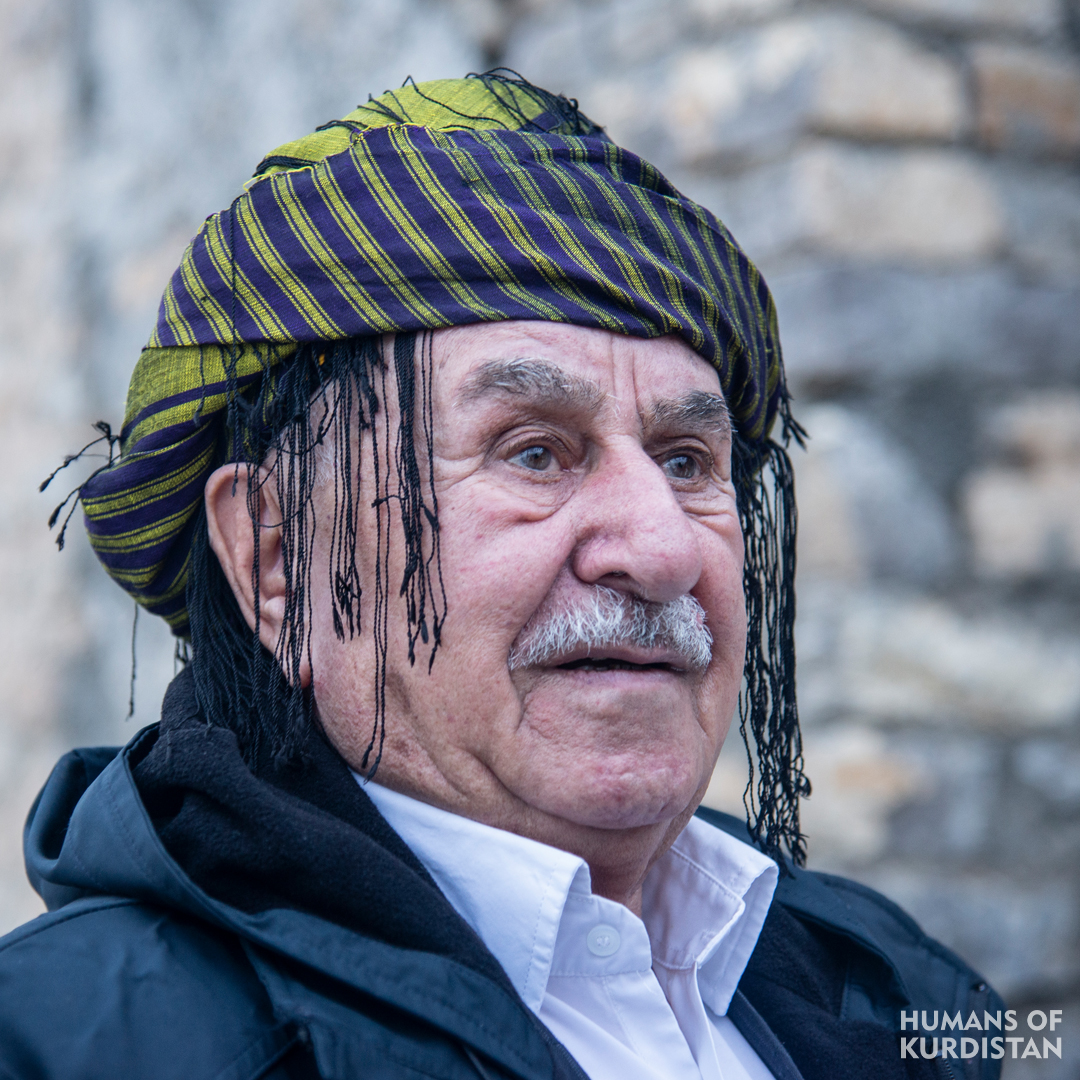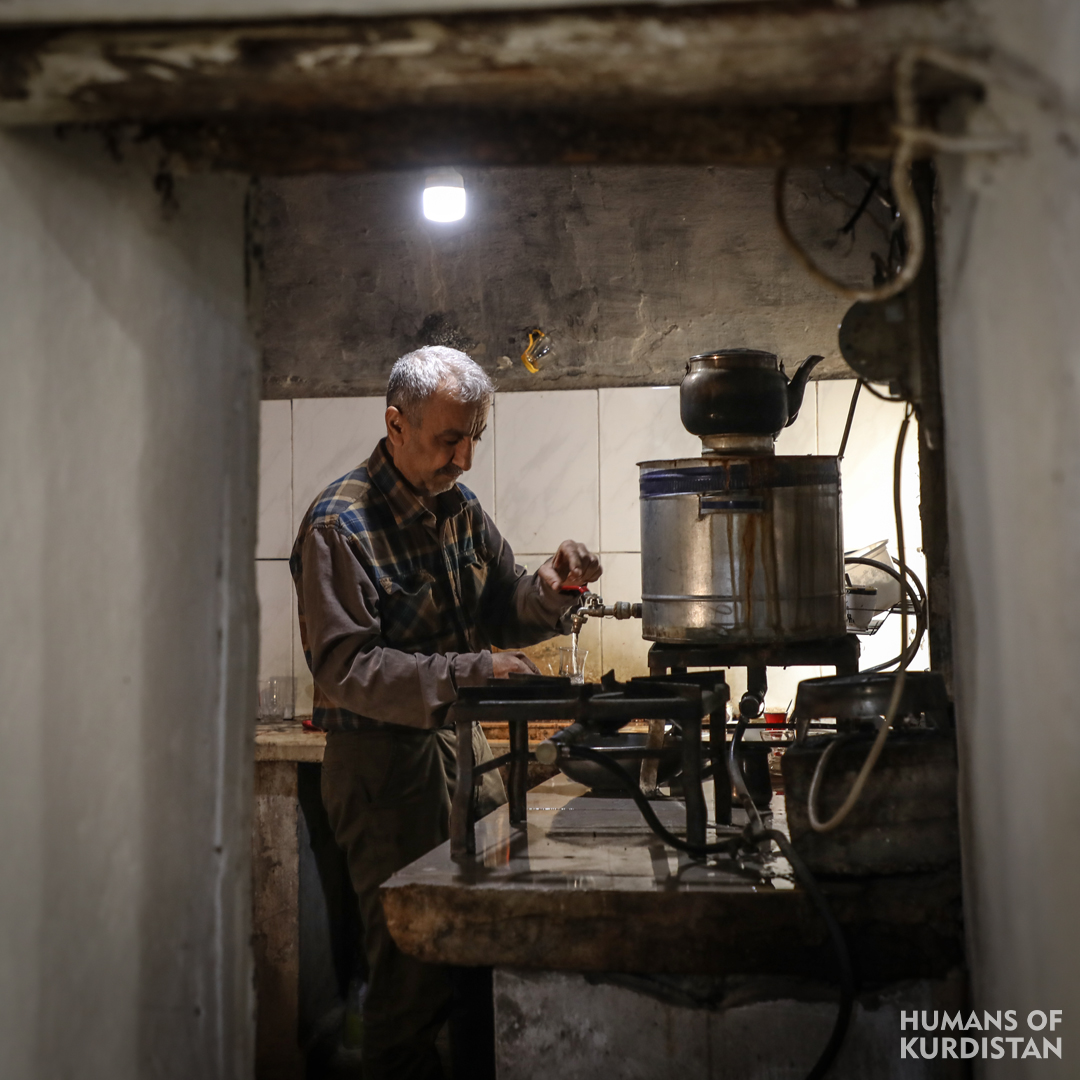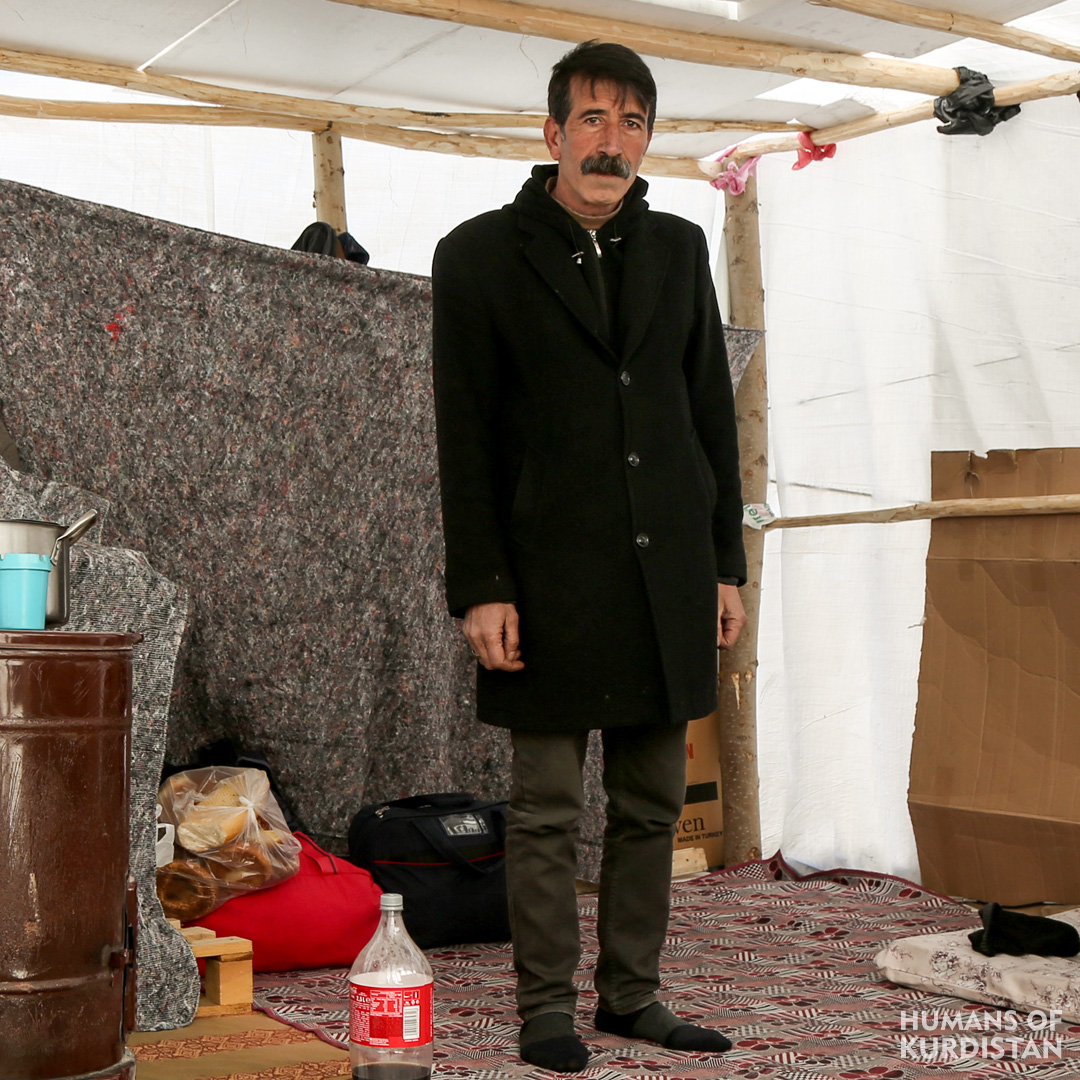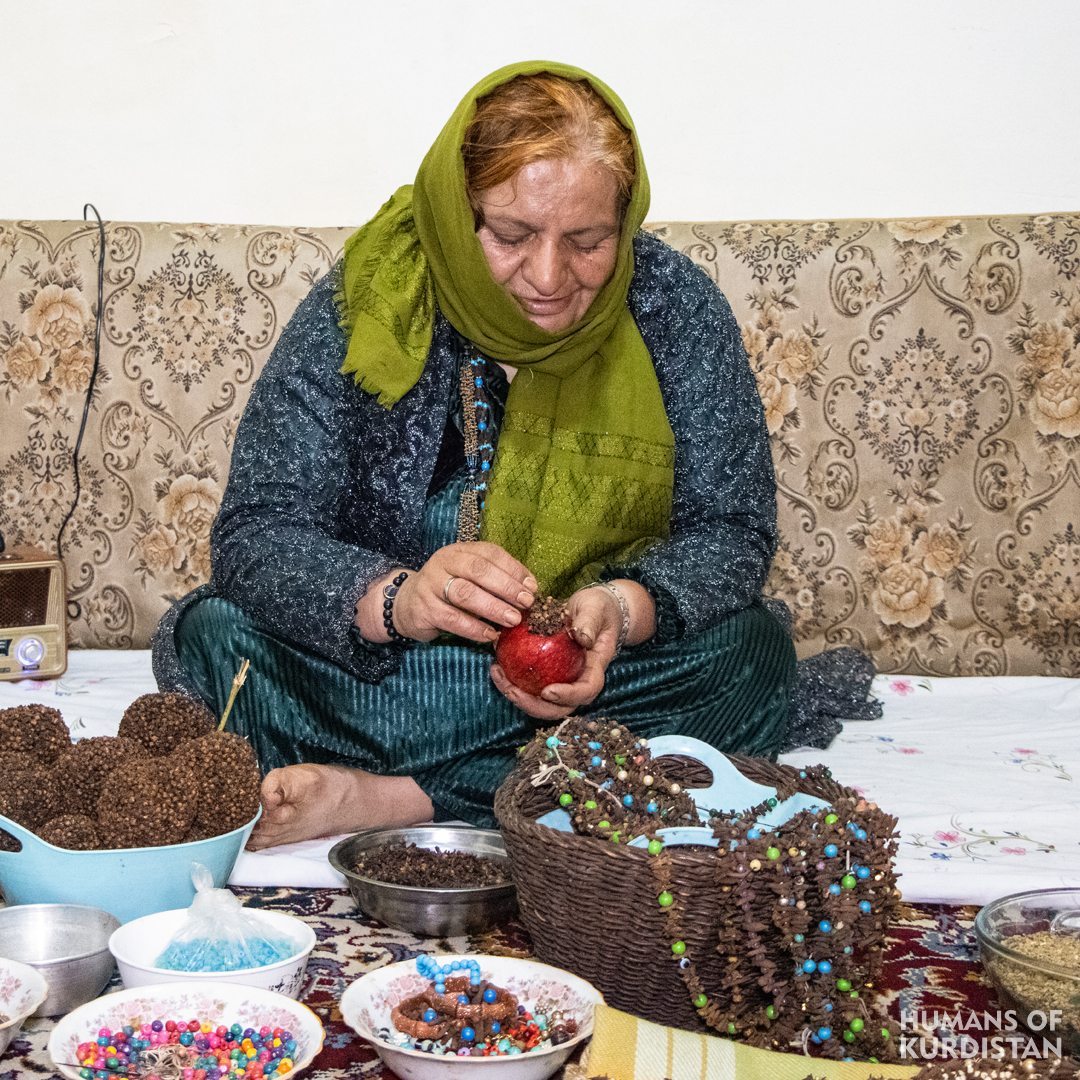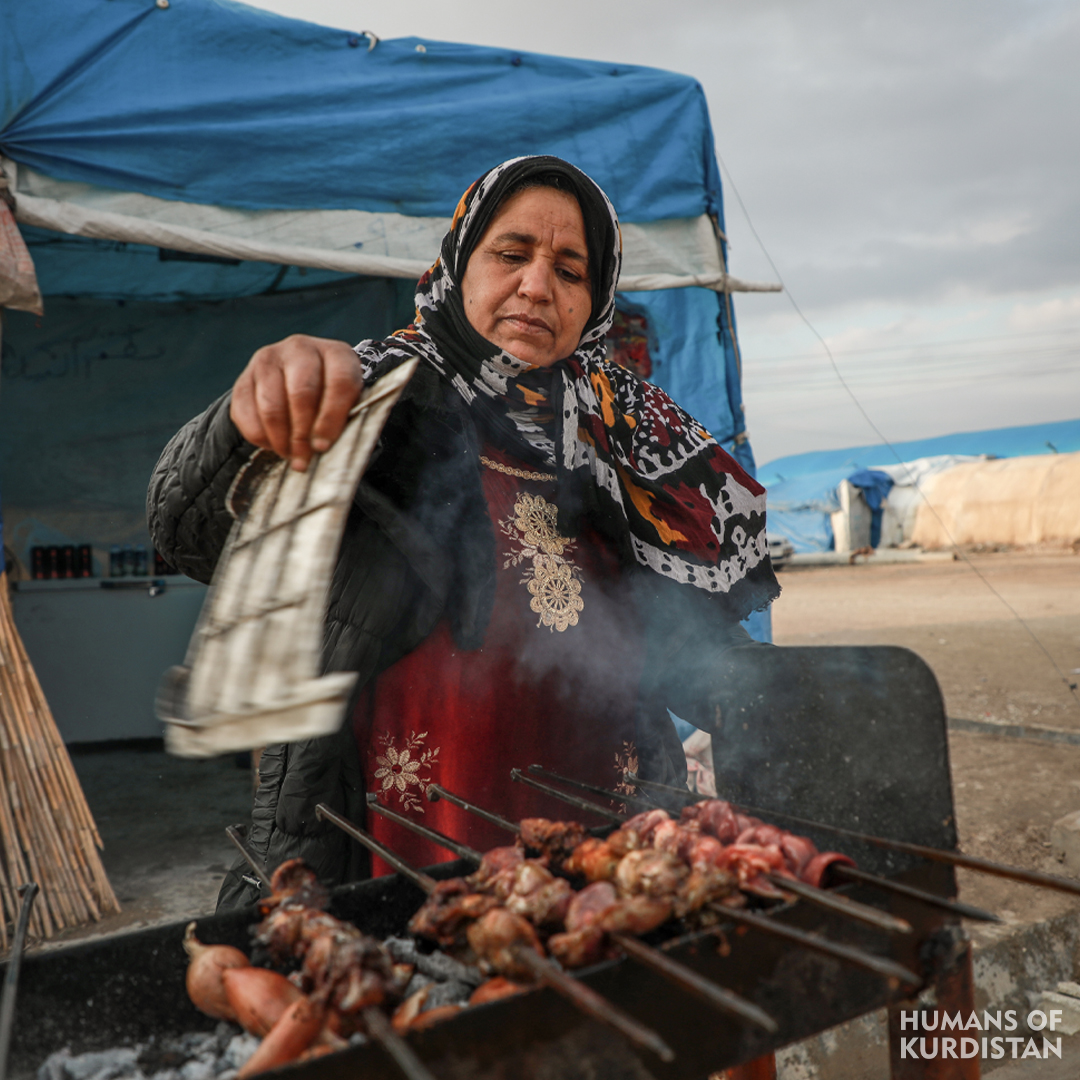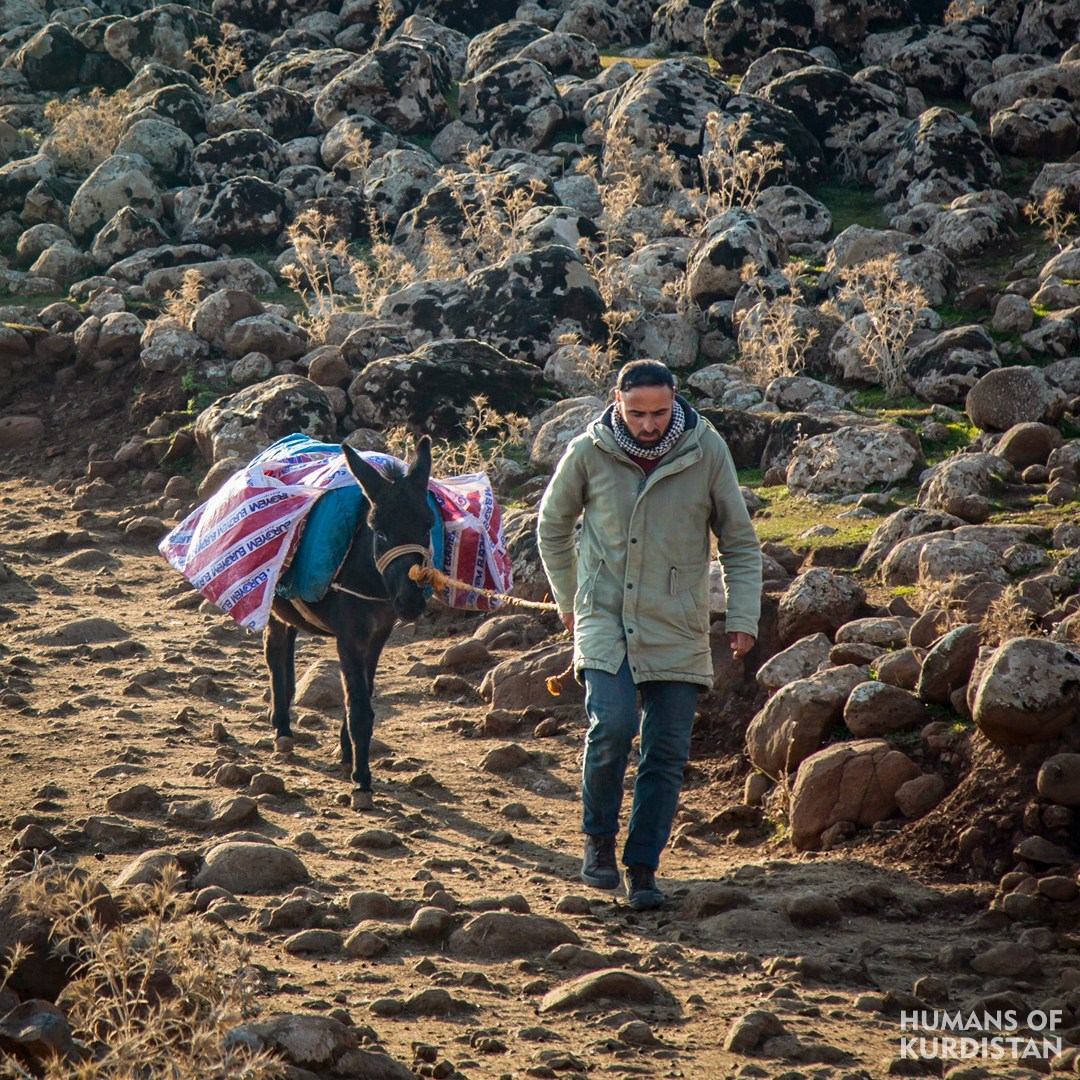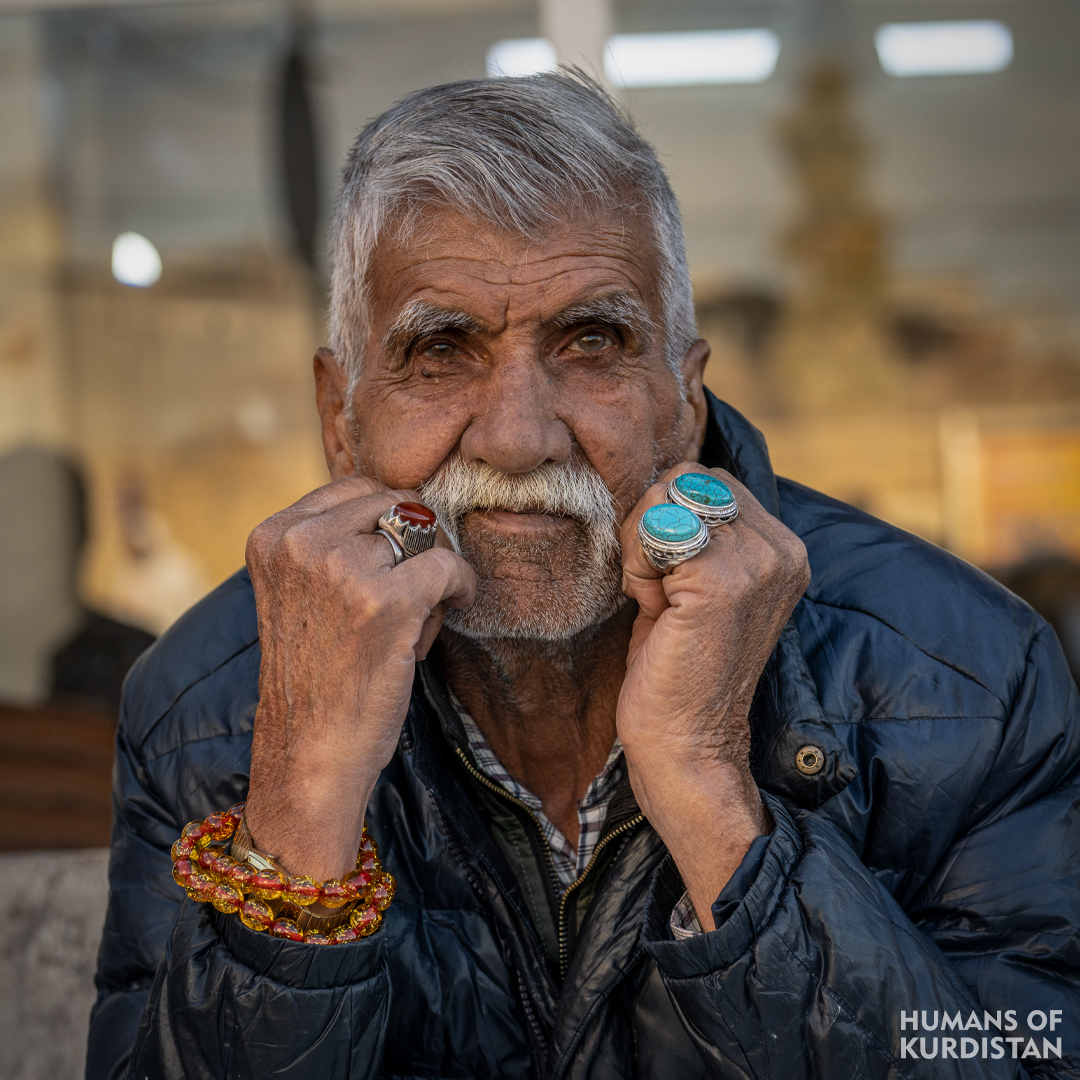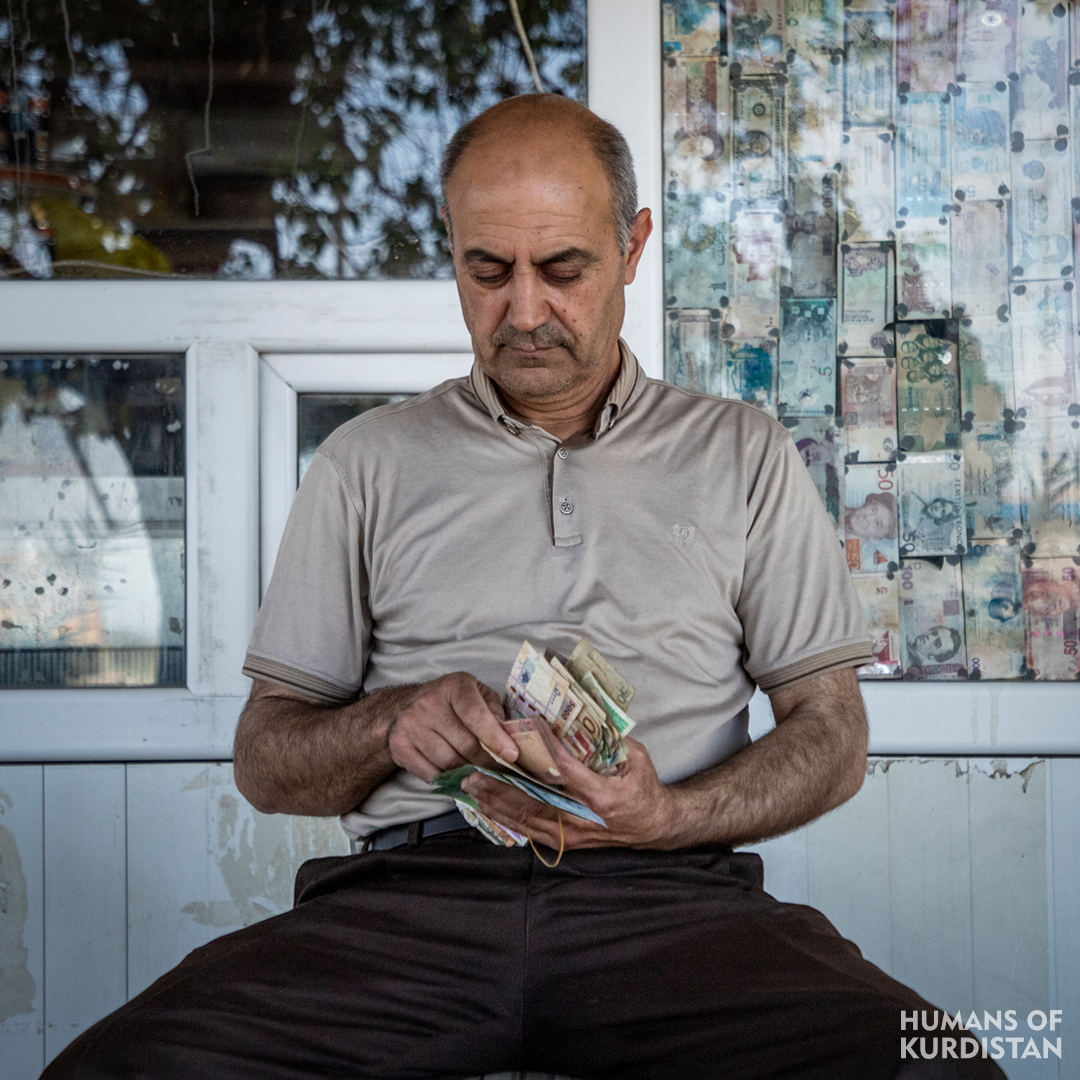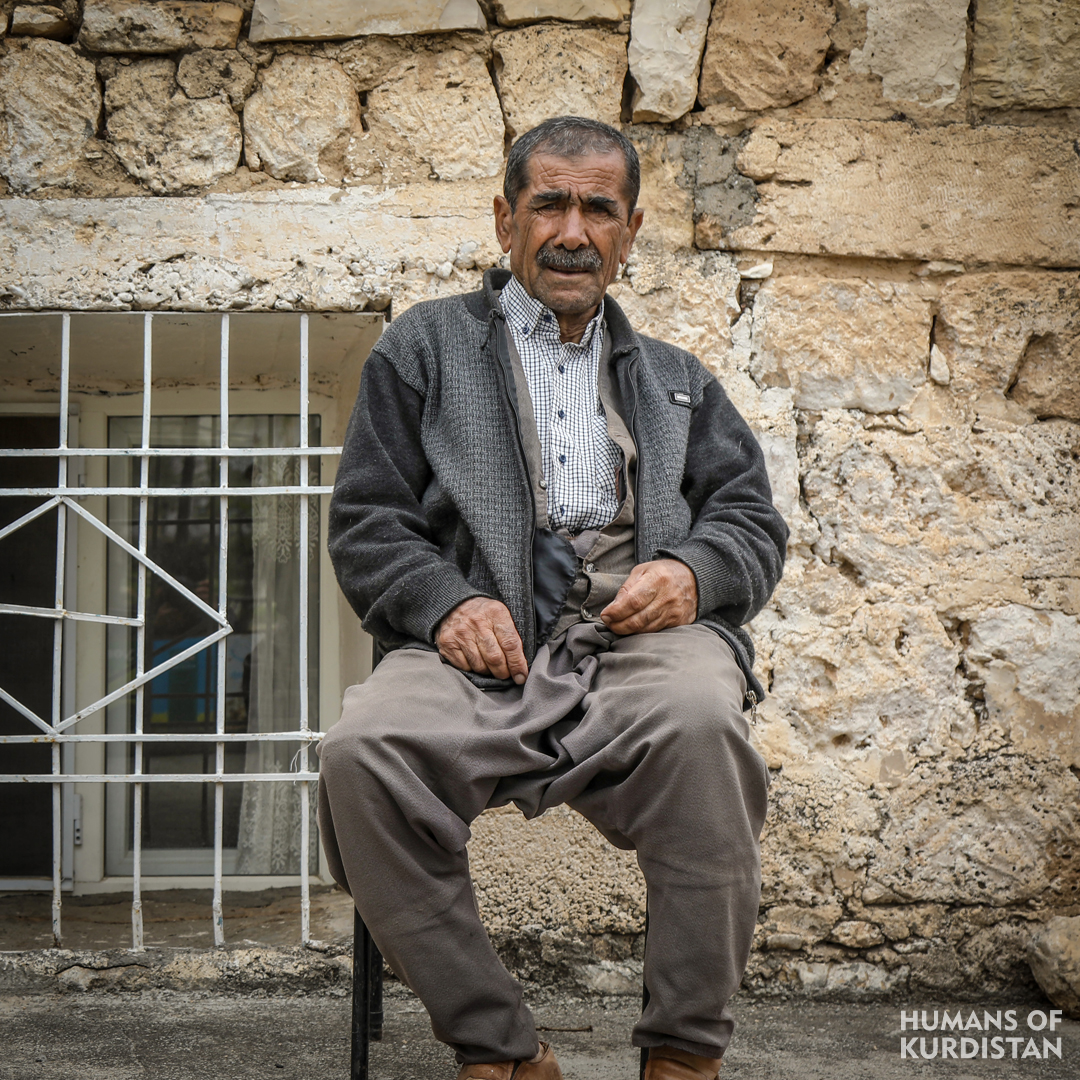March 2, 2023
When I returned to Hawraman from Tehran, I pursued change in handicrafts art. At first, they stood against me and my first artworks, which I put on display in an exhibition in the village. They said I’m worshiping statues and propagating worshiping them with the woodwork I’m doing. Back then, they were building a dam and wrecking all the land, so I started collecting the trees with their roots and working on them. Gradually, my work became more acceptable among the people, and they became keen on it. Nowadays, when they see a tree, they send it to me and say use it for your artwork. ...


